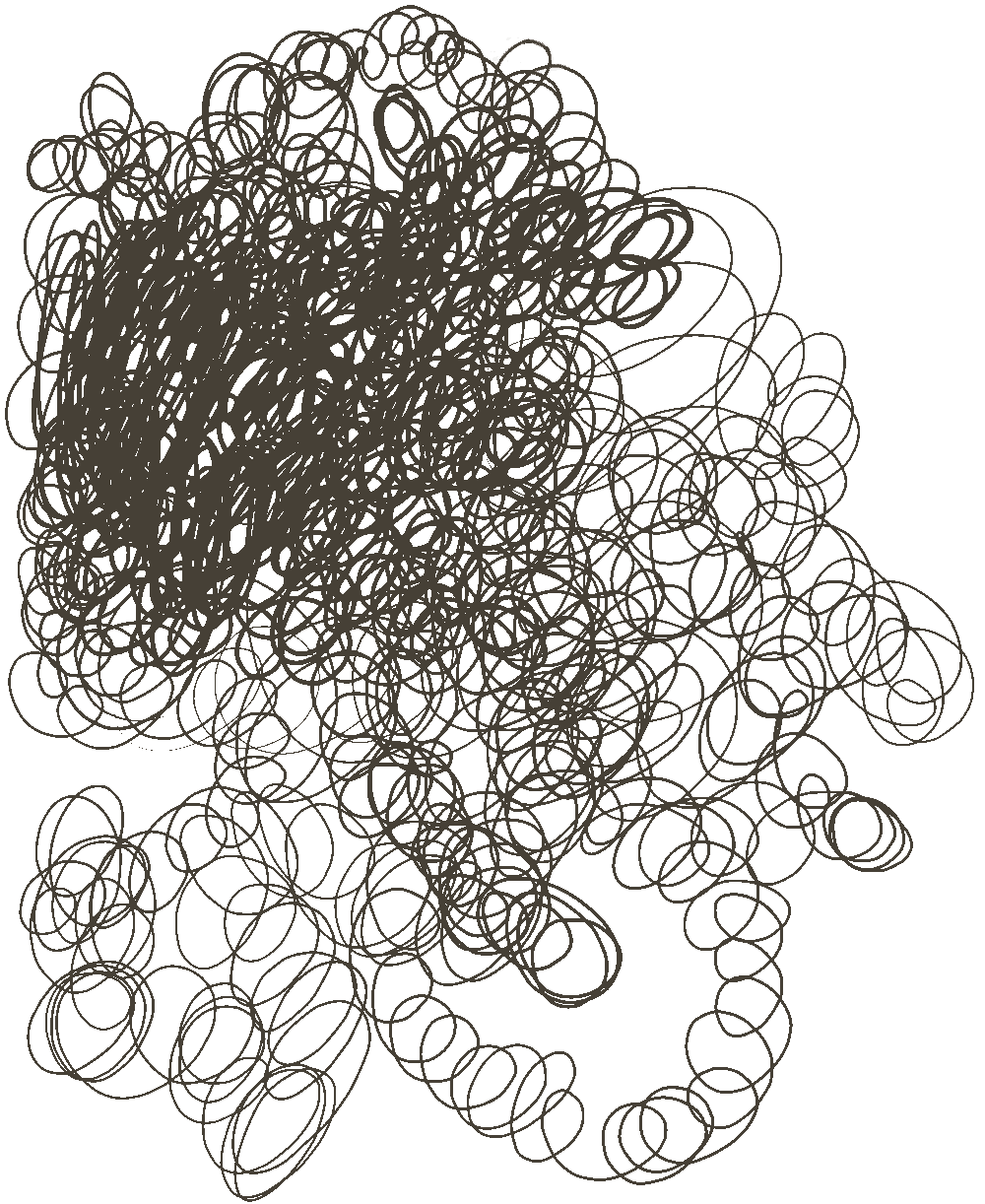A White House official said top aides believe today’s hearing was a win for President Trump and told him so as he was in between meetings with Turkey’s President Recep Erdogan.
“So how do you think it went,” Trump asked.
“Great day. Big win,” aides told Trump, the official said.
But the official acknowledged Trump is not out of the woods just yet as the public hearings are just getting underway.
One clear sign of that uncertainty was diplomat Bill Taylor’s testimony that an aide heard Trump talk about “investigations” with US Ambassador to the European Union Gordon Sondland.
“The overheard phone call was new to every one,” the official said.
The official went on to say that the White House was pleasantly surprised by the performance turned in by GOP lawmakers during the hearing who argued repeatedly the quid pro quo never made it to fruition, as the aid to Ukraine was ultimately released.
The official conceded that Lt. Col Alexander Vindman’s testimony will be a key development during the hearings as he is seen as a solid witness for the Democrats.
More about the aid and investigation: Trump reportedly held up $400 million in aid to Ukraine as leverage as the President pressed Ukraine to investigate domestic political rivals like former Vice President Joe Biden.
















